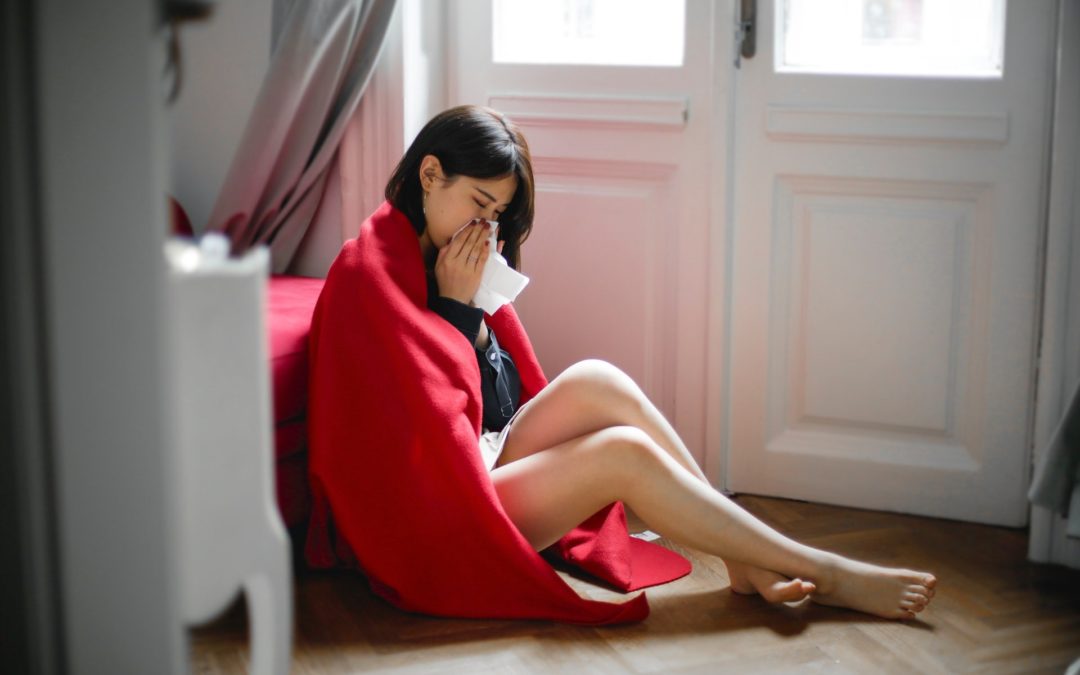Getting vaccinated is very important to protect yourself and others from the flu. Although most people recover from influenza without experiencing any additional medical issues, it can still lead to serious illness and even death. Among the individuals most at risk of experiencing severe illness and death are pregnant women, older adults, and children.
Vaccination is the best way to reduce the risk of getting sick and experiencing severe complications from the flu. However, other factors such as good health habits and avoiding sick people can also help prevent the spread of germs.
The following steps can help you protect yourself and others from the flu. They will also help you prevent the spread of germs.
Stay Away From People Who Are Sick
Keep away from sick people, and if you become ill, stay away from others as much as possible to avoid infecting them. This can help prevent the spread of germs.
Don’t Go Out When You’re Sick
If possible, avoid going to work, school, or on errands while you are sick. Doing so can help prevent the spread of germs.
Cover Your Mouth
When you cough or sneeze, cover your nose and mouth with a tissue to prevent the spread of germs. The flu virus spreads mainly through droplets made when people cough or sneeze.
Wash Your Hands
Washing your hands frequently can help prevent the spread of germs. Use an alcohol-based hand rub if you have limited water and soap options.
Don’t Touch Your Face
The spread of germs can occur when an individual touches something that has been contaminated with bacteria and then touches their face. Therefore, avoid contact with your eyes, nose, and mouth whenever possible.
Stay Generally Healthy
Clean and disinfect surfaces that are frequently used by people, especially when an infected individual is sick. Other healthy activities, such as getting enough sleep and managing stress, can also help prevent the spread of germs.
Remember, getting the flu vaccine is the most effective method for protecting yourself. Although it takes about two weeks for the vaccine to become effective, it can still help prevent germs from spreading even if the season has already started.

